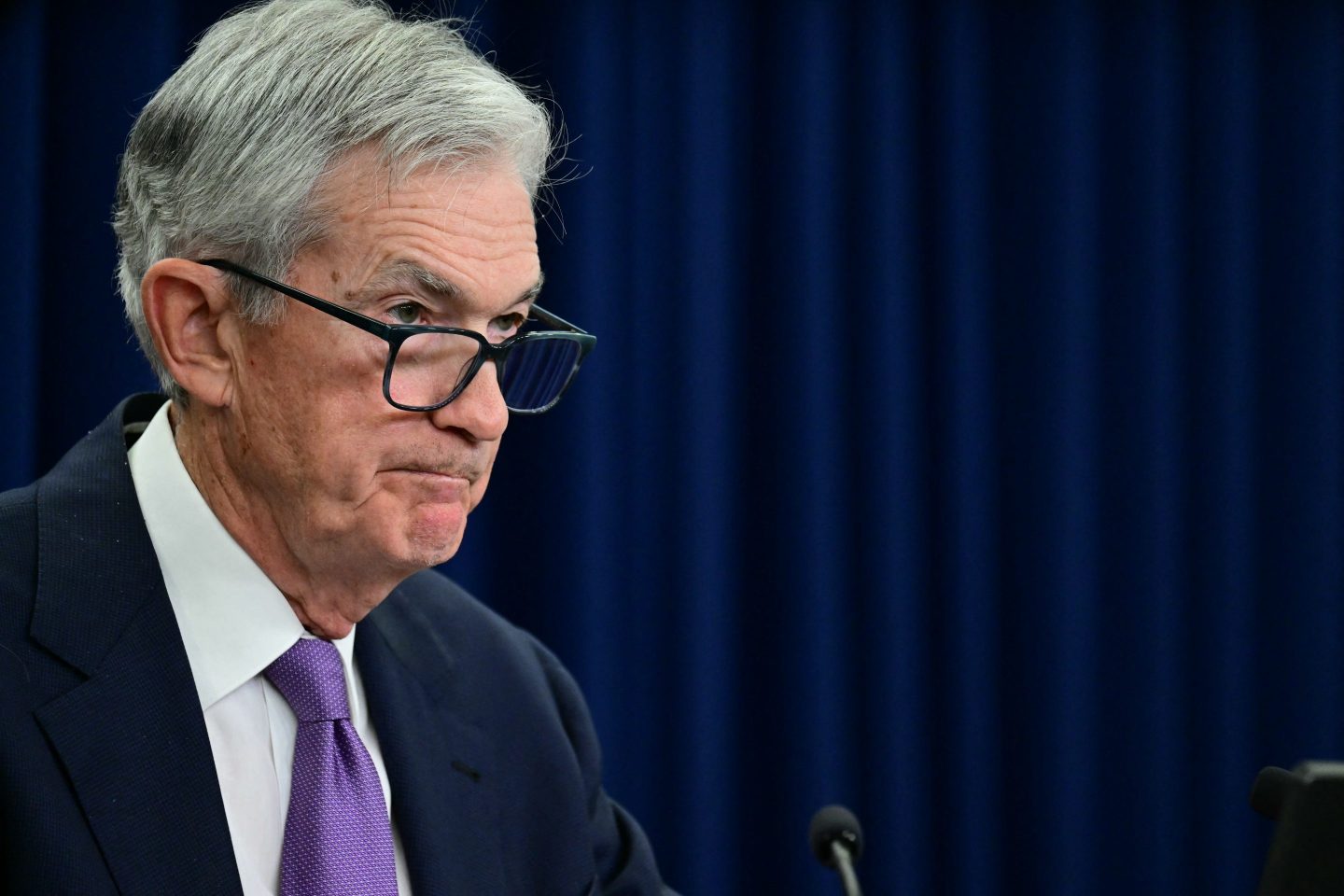Federal Reserve Chair Jerome Powell cautioned markets on Wednesday not to assume another rate cut is guaranteed in December, saying the Fed governors had “strongly differing” views on how to proceed amid rising inflation risks and a softening labor market.
“A further reduction in the policy rate at the December meeting is not a foregone conclusion—far from it,” Powell said during his post-meeting press conference.
The Fed cut its benchmark interest rate by a quarter percentage point to a range of 3.75% to 4%, citing cooling labor conditions and still-elevated inflation.
Powell described the decision as a “step toward a more neutral policy stance,” but emphasized—as he does often—that there is “no risk-free path” forward.
While inflation has fallen sharply from its 2022 highs, Powell noted that price pressures have recently picked up in goods categories, partly owing to higher tariffs. The Fed now sees near-term inflation risks tilted to the upside even as job market momentum fades.
“Conditions in the labor market appear to be gradually cooling,” he said, adding that “downside risks to employment have increased in recent months.”
Some officials on the Federal Open Market Committee worry further easing could reignite inflation, while others fear keeping policy too tight could tip the economy into a sharper slowdown.
“The risks are to the upside for inflation and to the downside for employment,” Powell said. “You can’t do both of those at once with one tool.”
The Fed also announced plans to end the runoff of its balance sheet—ending what’s called “quantitative tightening”—as of Dec. 1, after shrinking its securities holdings by $2.2 trillion over the past three and a half years. Powell said recent pressures in money markets indicate the system has reached “ample reserve” conditions.
For now, Powell stressed, the Fed will stay data-dependent.
“We remain well positioned to respond in a timely way to potential economic developments,” he said. “Policy is not on a preset course.”












